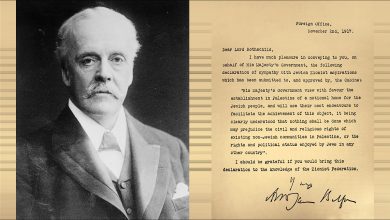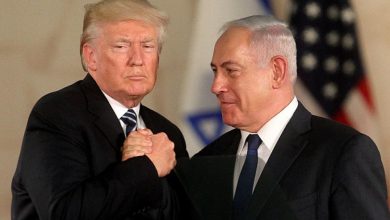Will Israel Withdraw from the Philadelphi Corridor? Security Concerns & Ceasefire Delays
As Israel completes its withdrawal from Netzarim, uncertainty looms over its next steps in the Philadelphi Corridor. Will security fears delay the process?
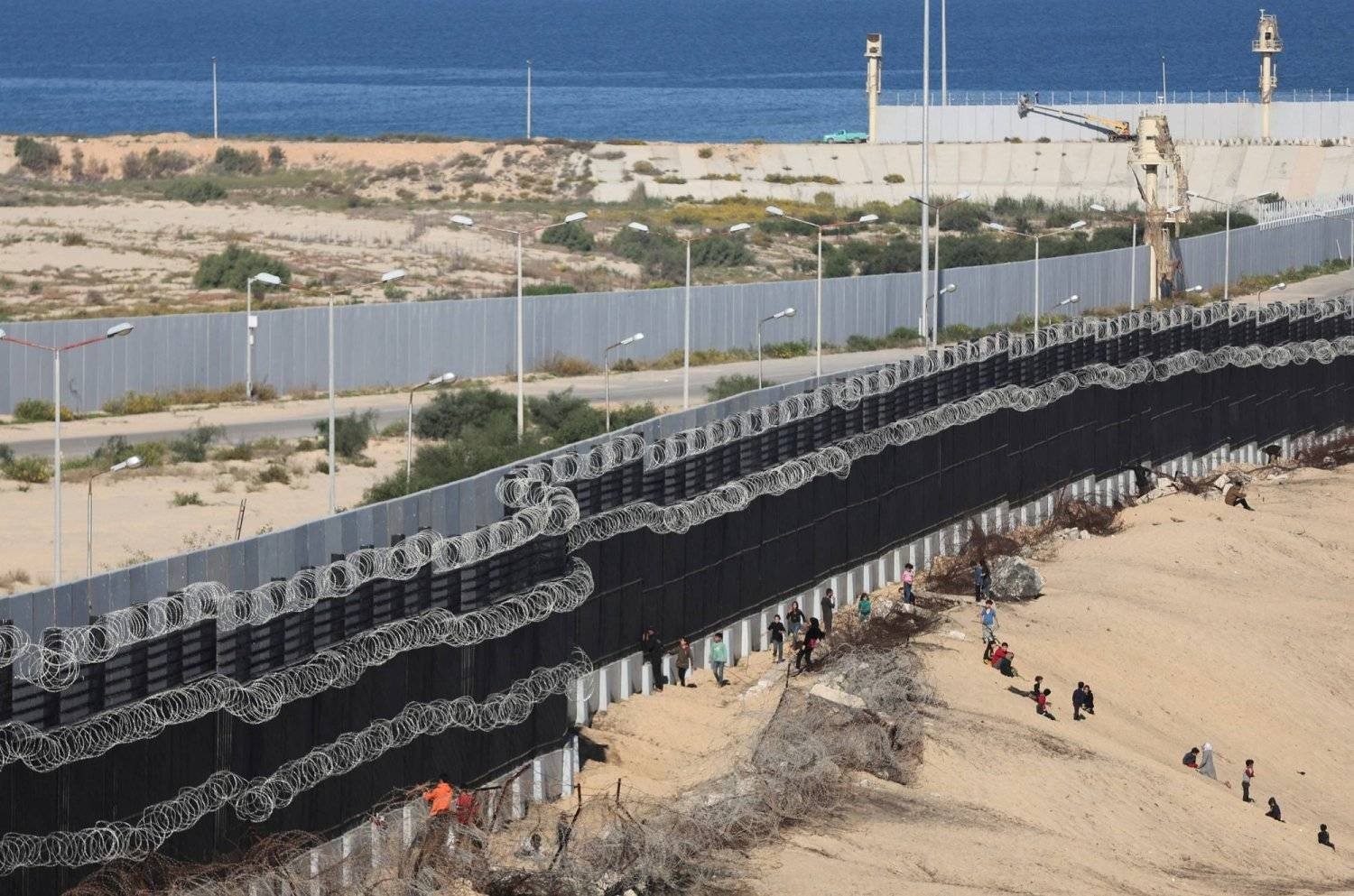
Watan-Questions are being raised about the possibility of the Israeli occupation army withdrawing from the Philadelphi Corridor, the border area between the Gaza Strip and Egypt. This comes after its withdrawal from the Netzarim Corridor, which had previously separated northern Gaza from its central and southern regions.
Retired Brigadier General and military expert Elias Hanna has not ruled out the possibility that the Israeli army may delay its withdrawal from Philadelphi. This is especially relevant as Israel discusses extending the first phase of the ceasefire and prisoner exchange agreement, which began on January 19 and is set to last for 42 days.
In an interview with Al Jazeera, Hanna pointed to Israel’s past delays in implementing the humanitarian protocol within the first phase. He also highlighted its reluctance to allow the required types and quantities of urgent shelter supplies for displaced people in northern Gaza.
Netanyahu’s Security Justifications
Israeli Prime Minister Benjamin Netanyahu has repeatedly sent messages suggesting that “the army will remain in the Philadelphi Corridor if the Islamic Resistance Movement (Hamas) takes control of the area after the withdrawal.” Hanna noted that Netanyahu views the corridor as a national security matter.
On Sunday morning, the Israeli occupation army completed its withdrawal from the Netzarim Corridor as part of the ceasefire and prisoner exchange agreement. However, uncertainty remains regarding its full commitment to withdrawing from Philadelphi.
According to Israel’s privately owned Channel 13, the Israeli army will remain in the Philadelphi Corridor (where withdrawal is scheduled for the 50th day of the agreement) and the buffer zone (established along the Gaza border) until the end of the first phase of the deal.
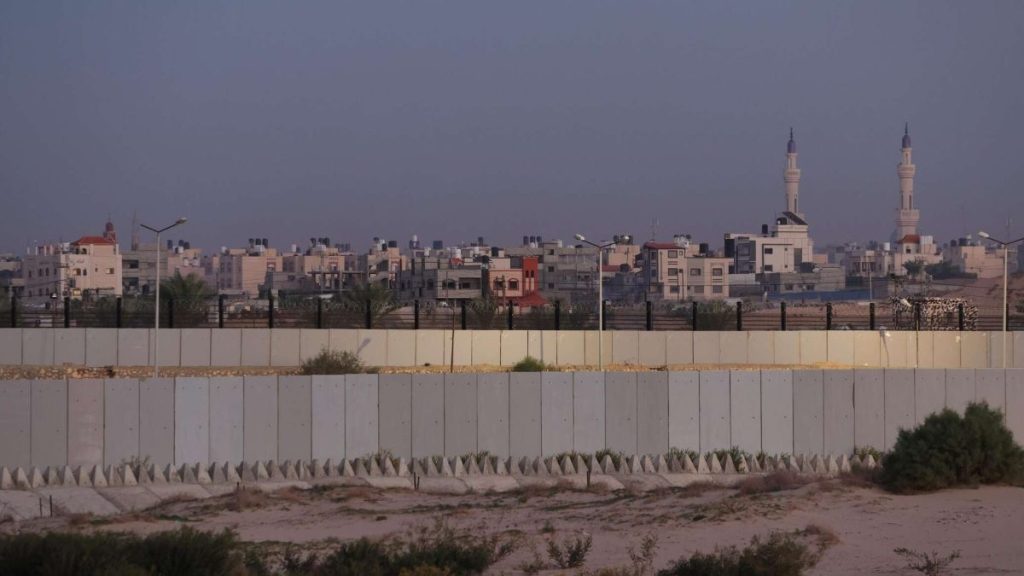
Israel’s Control Over the Corridor
In June 2024, the Israeli occupation army announced that it had taken full control of the Philadelphi Corridor, stretching from the Kerem Shalom crossing in the south to the Mediterranean coast in the north. This came about a month after the launch of the military operation in Rafah, near Egypt.
Regarding the possibility of a scenario similar to South Lebanon, where Israel extended its presence in certain areas, Hanna noted that Israel still controls the field situation and continues to stall on withdrawal commitments.
On January 27, the White House announced an extension of the ceasefire agreement between Lebanon and Israel until February 18. This granted Israel additional time to complete its troop withdrawal from southern Lebanon, instead of the original deadline set for the end of January.
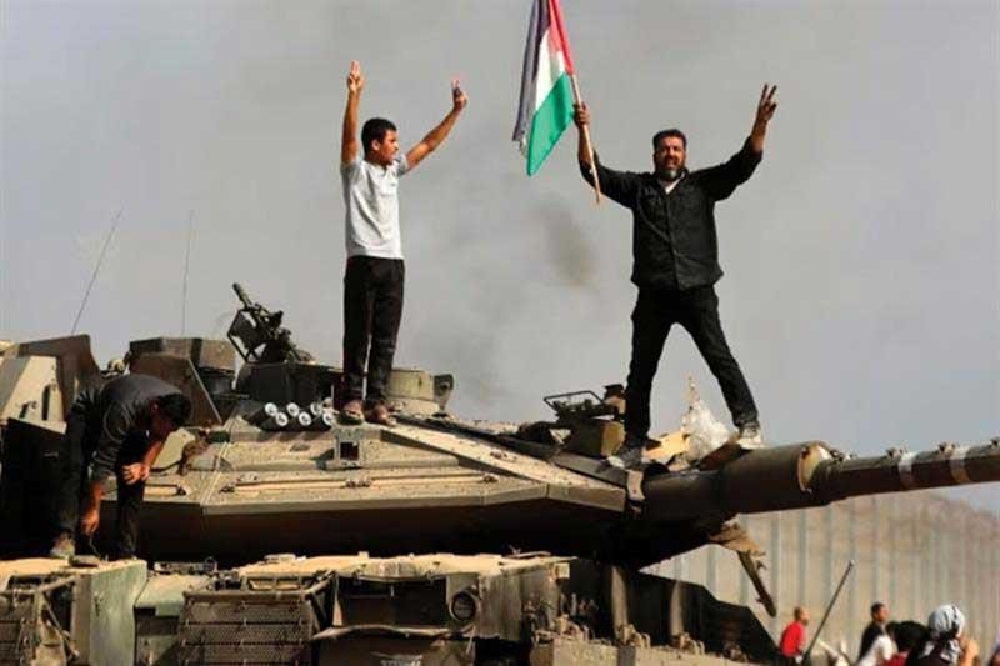
A Prolonged Regional Conflict?
The ceasefire, which ended cross-border fire between the Israeli army and Hezbollah, began on November 27, 2024. The confrontation initially started on October 8, 2023, and escalated into a full-scale war on September 23, 2024.
As tensions persist in Gaza, Lebanon, and other fronts, the possibility of Israel delaying further withdrawals remains. Whether Israel will fully adhere to its commitments or use security concerns to justify continued military presence in strategic areas remains an open question.

